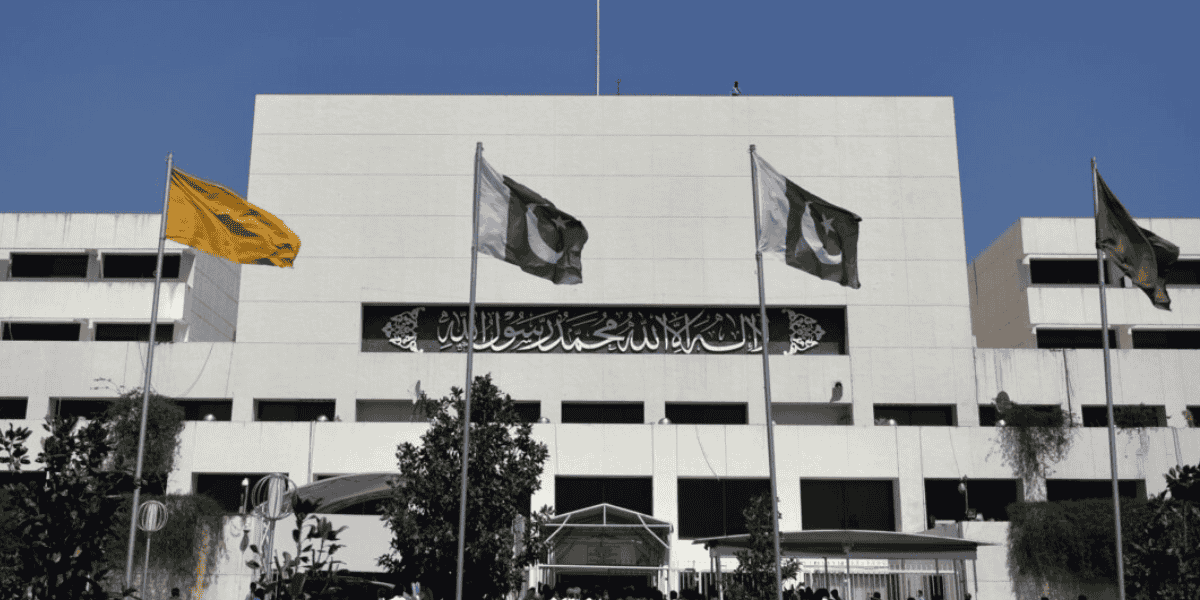On 16 August 2022 the Global Forum for Transparency and Exchange of Information for Tax Purposes released a second round (phase 1) peer review report in relation to Pakistan. The peer review report examines the legal and regulatory framework in Pakistan and its compliance with the international standard on transparency and exchange of information on request (EOIR). The practical implementation of the legal framework will be examined at a later date in phase 2 of the second round peer review.
The report notes that Pakistan has the legal and regulatory framework in place to allow access to and exchange of relevant information for tax purposes, but some improvements are needed.
In 2017 Pakistan joined the Multilateral Convention for Mutual Administrative Assistance in Tax Matters. Also, the domestic law has been amended to ensure that the disclosure of exchanged information in Pakistan is in line with the limits set by the standard. Amendments to the law have removed any ambiguity in the treaty confidentiality arrangements.
Requirements to obtain and maintain beneficial ownership information introduced into the Company Law in 2020 will not lead to the compilation of beneficial ownership information in line with the standard in all cases. There will be continued reliance on entities with due diligence requirements under the anti-money laundering (AML) rules as a source of information on beneficial ownership. As there is insufficient clarity as to how frequently these entities must update the information it is not certain that it will always be up to date.
The peer review report also notes that Pakistan should also ensure that beneficial ownership information is available in line with the standard for all partnerships.
Trust registration requirements have been introduced in each province and territory, but each law requires the relevant authority to give effect to the law through secondary rules, and these have not been introduced or implemented in all cases. New laws have also provided for registration of waqfs (Islamic trusts) and for provision of information on registration to be held and updated by the manager, but the rules do not fully require beneficial ownership information to be included in line with the standard. The peer review report therefore requires Pakistan to ensure that beneficial ownership information in line with the standard should be required to be available for all trusts and waqfs.
Pakistan received 56 exchange of information requests in the period from 1 April 2018 to 31 March 2021. Although Pakistan responded quickly to these requests, the peers have reported that in many cases only partial information was provided to them. Full information was provided within 90 days in only a minority of cases where information was requested, and fewer than half the information requests were fully met within 180 days. Also, feedback on the status of requests is not routinely provided.
In the same period Pakistan made 1,042 outbound information requests, however many of these were made as a follow-up to the exchange of financial account information or in connection with some leaked international tax data.
The practical issues on implementation of the standard will be examined and assessed in phase 2 of the second round peer review.














